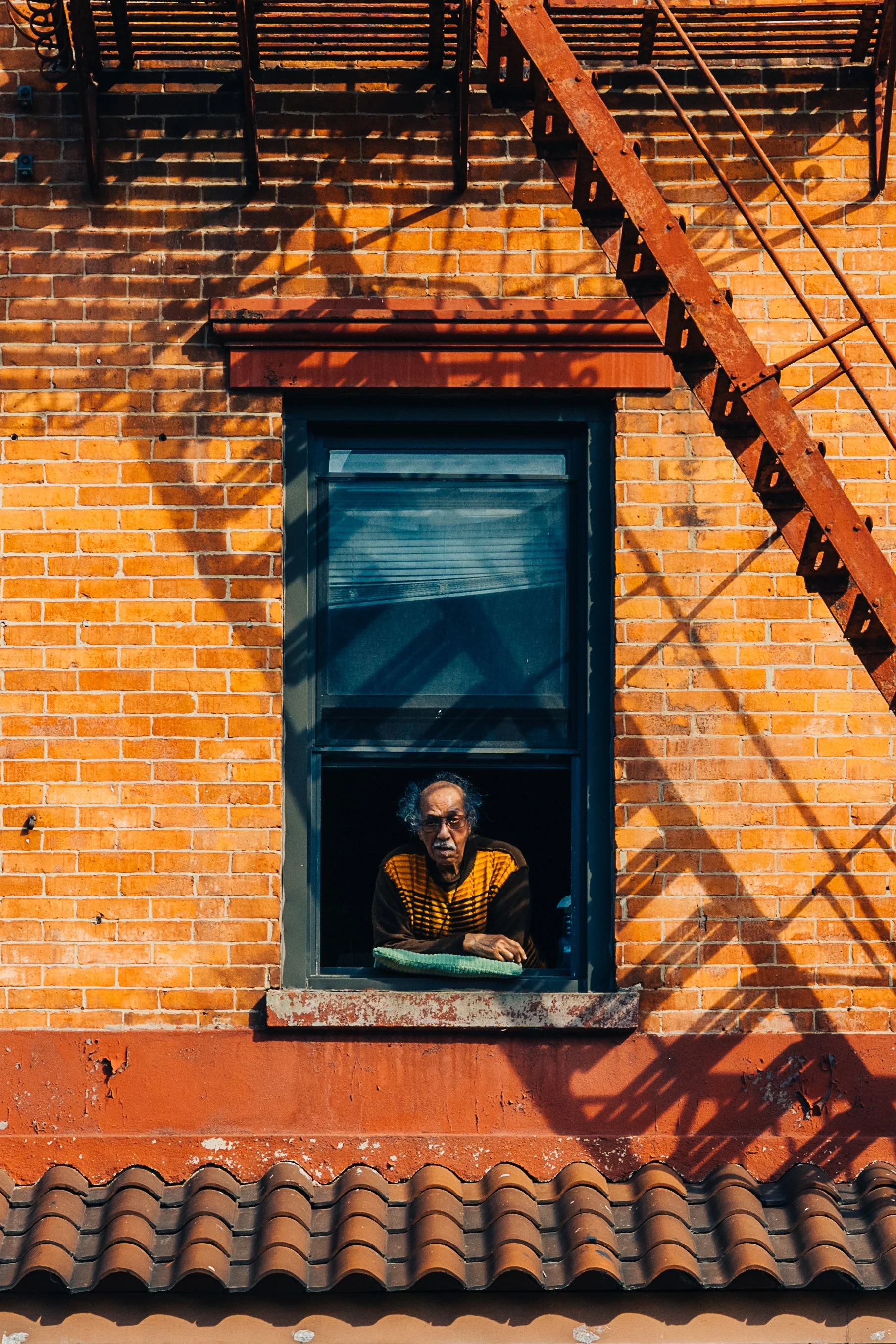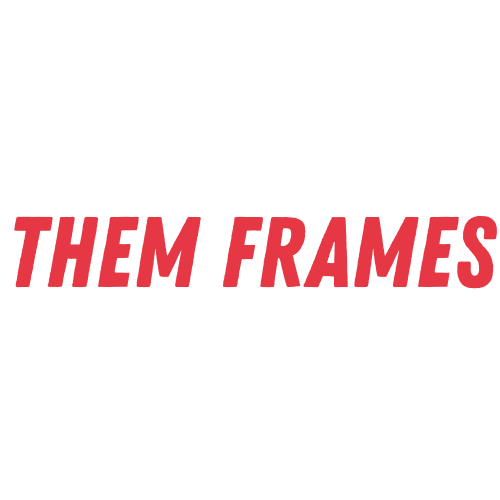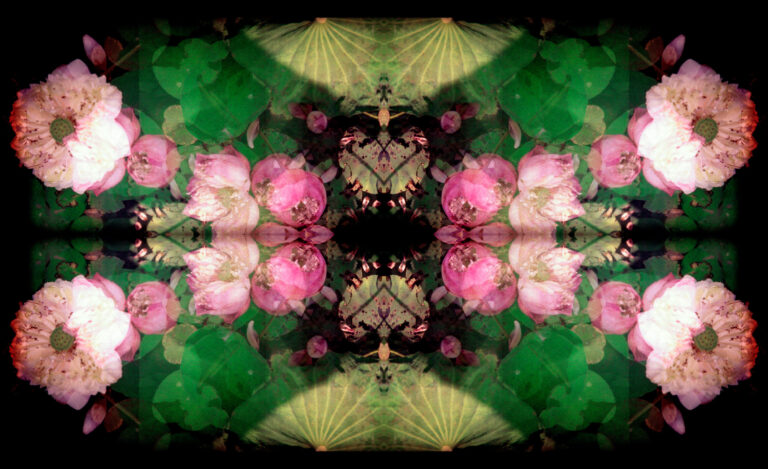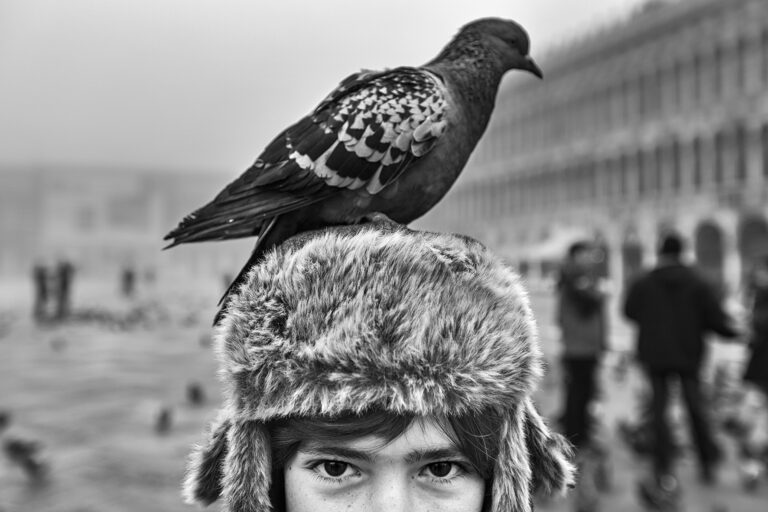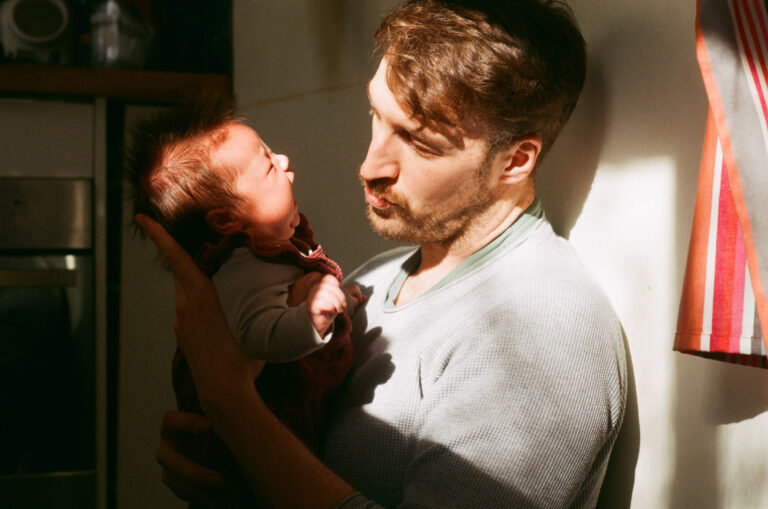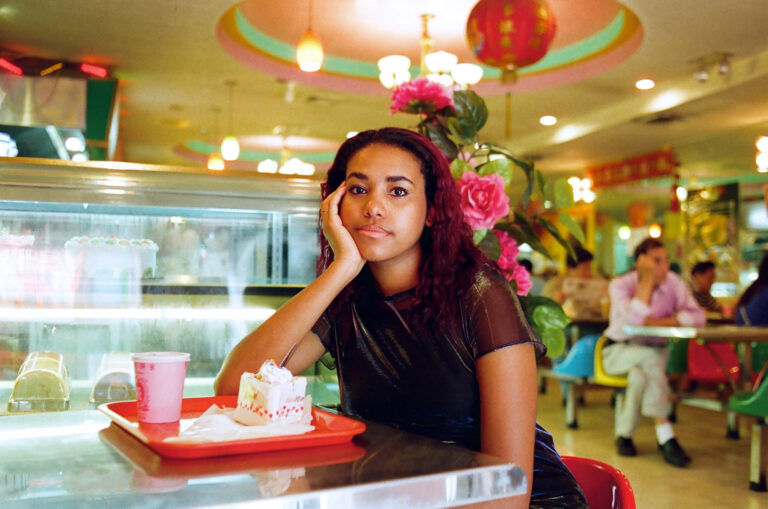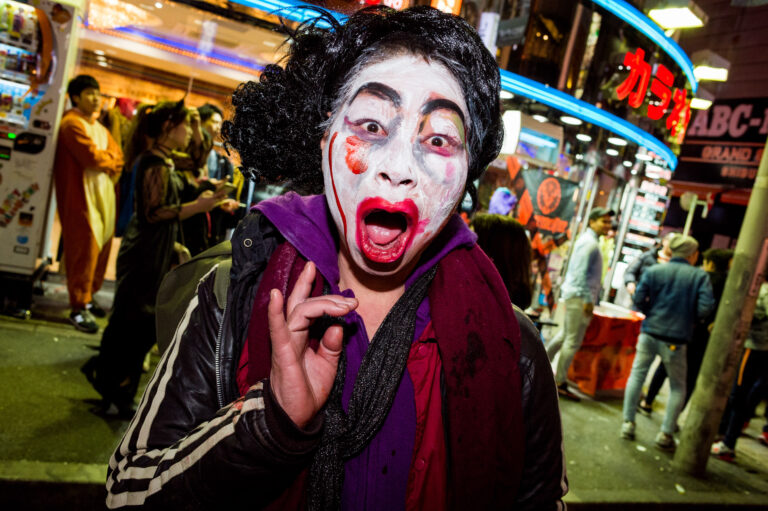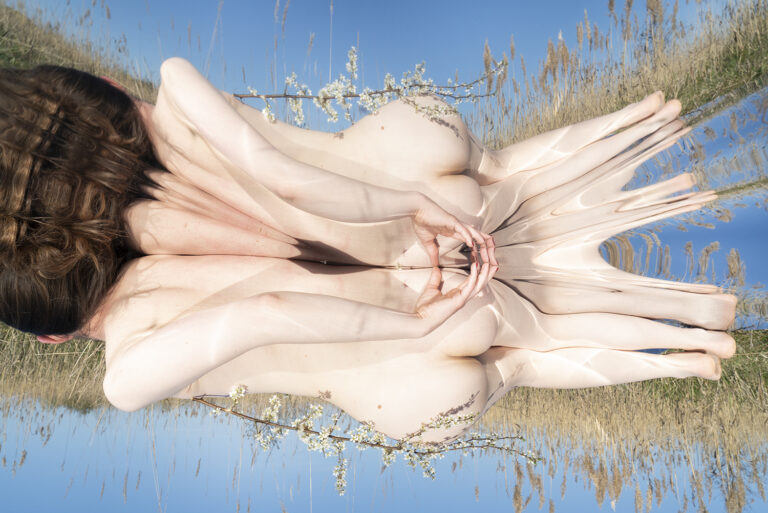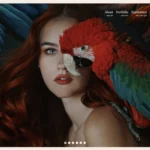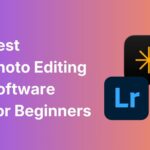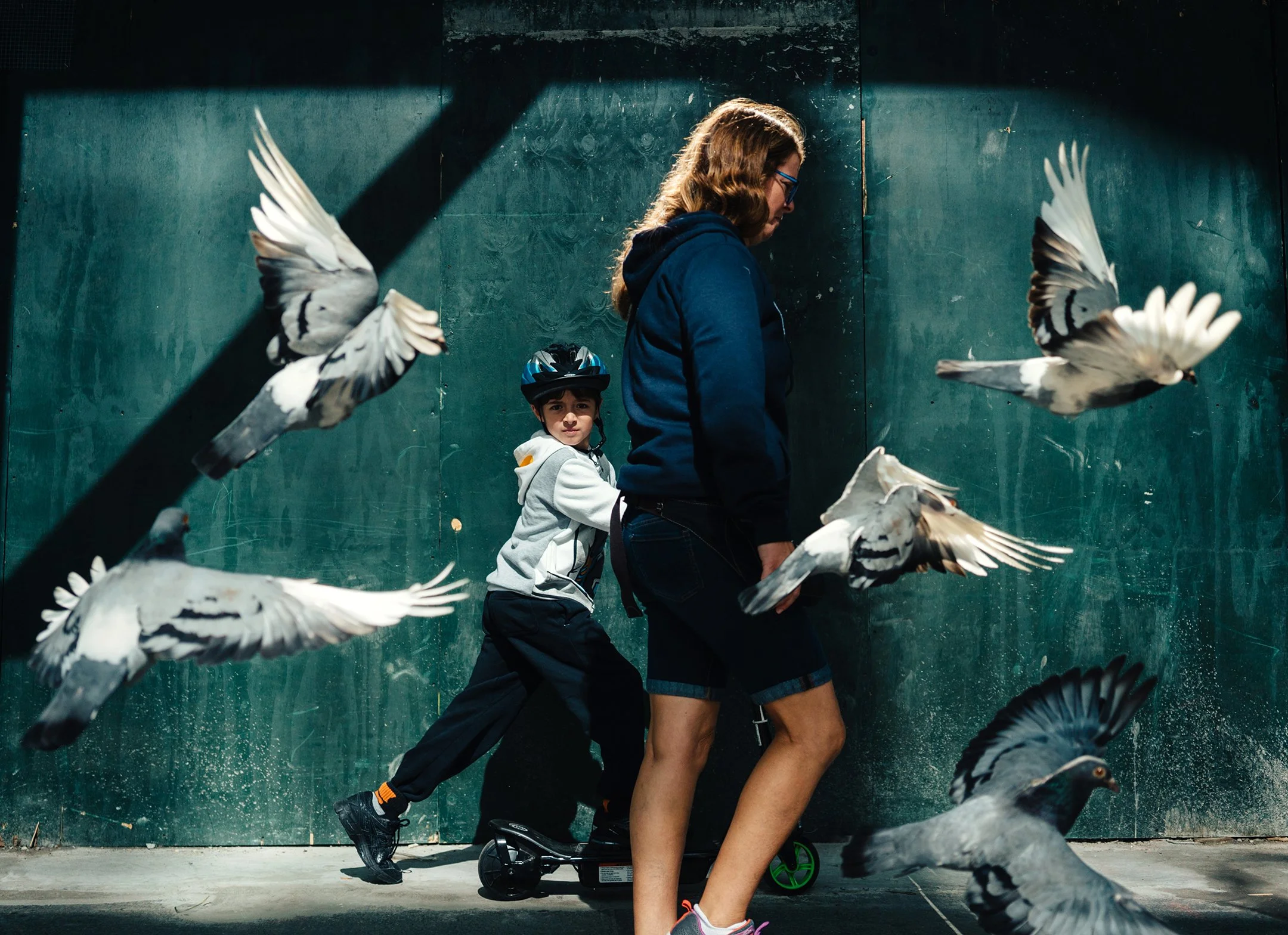
I often find myself pining for the past masters of street photography. That’s not to say the new generation of street photographers are bad. To be clear, there are some excellent workers around, they just don’t hit the same way as those of previous generations — then I came across Jeremy Perez-Cruz and his street photography sparked a flame within me.

The more I looked at his works the more that flame began to burn, bright and warm. His images carry the modern day aesthetic, whilst still having the pillar of good street photography; storytelling.
Perez-Cruz displays exceptional attention to detail that doesn’t only come from being in the right place at the right time, but from also having a deep understanding of life on the streets.
Likely the most important factor of his skillset is that he genuinely cares about people. Not just those around him, but everyone who makes up society and all of its wonderful diversity.
Something you’ll learn throughout the course of this interview is that his empathy for others is sincere. His intentions through his thoughts and actions are not to create generic soundbites to help sell his photographic vision. Instead, they’re heartfelt and authentic, and again a clear reason as to why Perez-Cruz has become so good at practicing the candid craft.
I’m positive you’ll enjoy this interview just as much as I enjoyed conducting it…
Them Frames: Hey Jeremy! How much of a pivotal role do you think street and documentary photography can play in helping shape society in the current era?
Jeremy Perez-Cruz: As much as I want to say “art can change the world” I don’t necessarily believe the influence of street photography is quite that broad. There will always be moments more firmly in the journalistic space – such as The Falling Man, Terror Of War, Tank Man, The Burning Monk (and more recently the capitol riots and BLM protests) etc. – that will change the societal outlook by sheer power of the image. But, mostly, the broader bucket of “street” is more of a valuable catalog of everyday life than an influence in shaping the future. I’d love to be proven wrong, though!
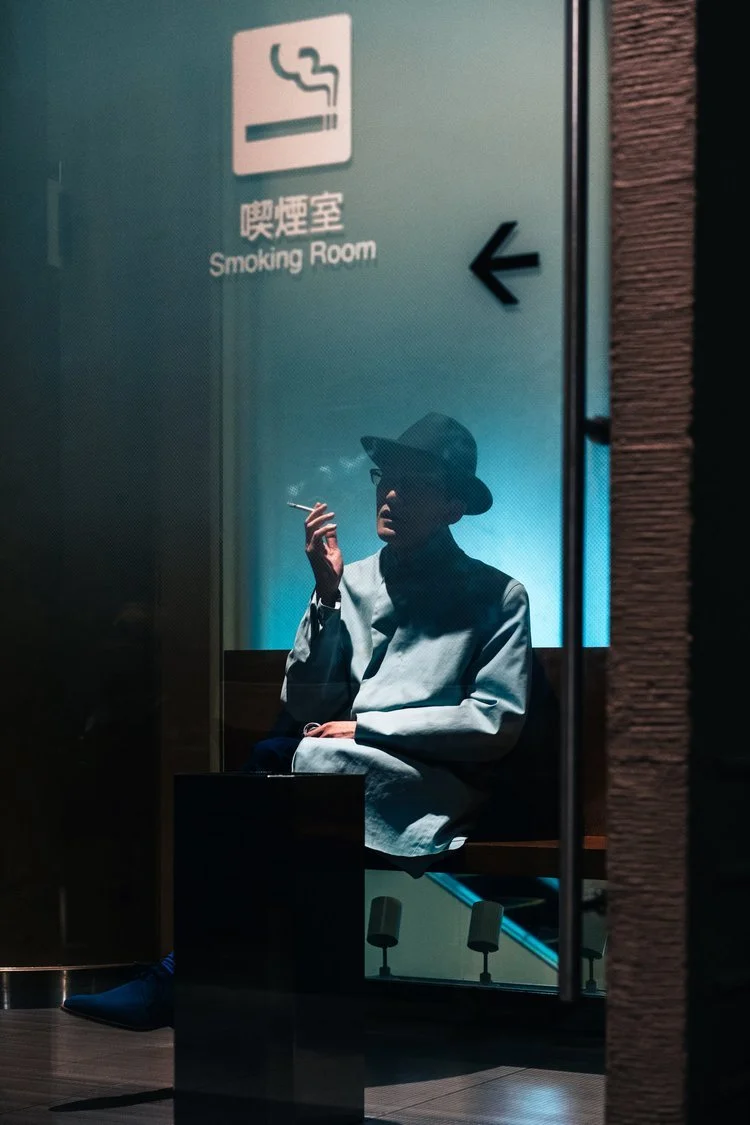
Them Frames: I love your street photography, many others do too. How do you feel about your current body of work?
Jeremy Perez-Cruz: I go back and forth with my existing work. At times, I’ve been very proud of what I’ve been able to produce; other times, I feel like a fraud. Most importantly, I’m always hoping to evolve and grow. It’s ok to stop and admire accomplishments, but the moment you feel satisfied your growth as an artist ends.
My new work may or may not resonate with my existing audience and I may or may not “like it” but it’s important to keep pushing forward. Personally, I feel as though I am at a real crossroads in terms of what I want to photograph and how I capture those photos.
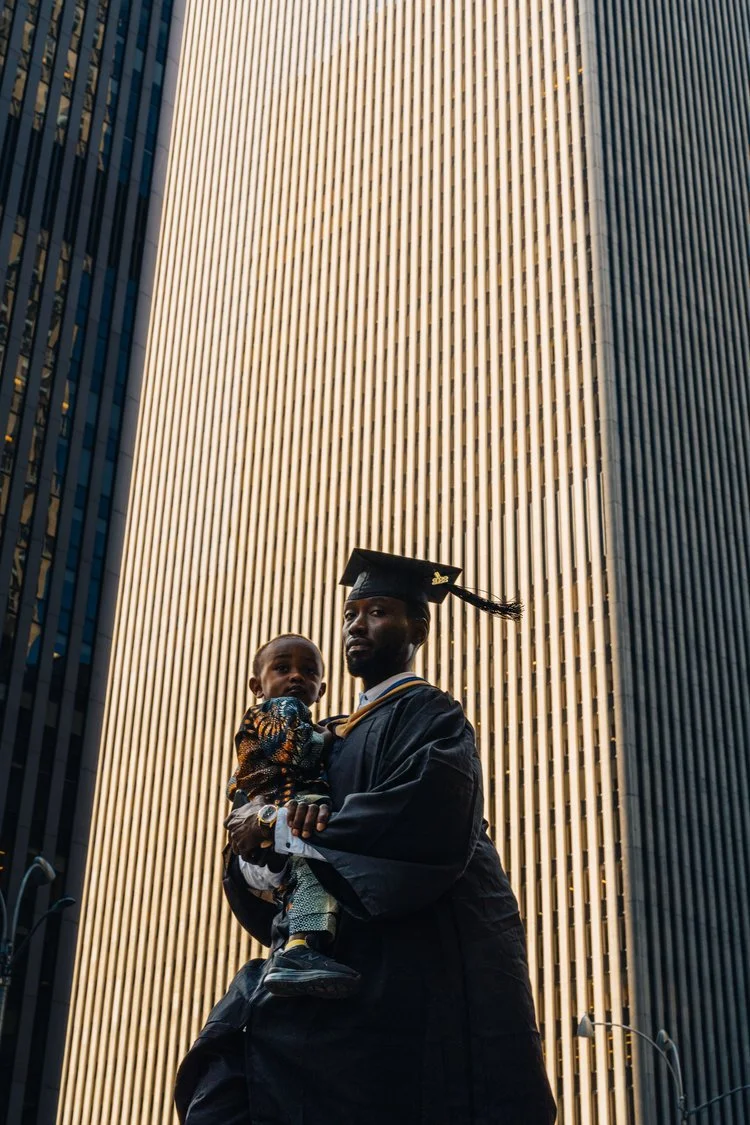
Them Frames: When shooting street photography, do you tend to have dedicated time periods to create or are you a take my camera everywhere kind of guy? Why does your approach help your creative process?
Jeremy Perez-Cruz: A bit of both but I’m definitely a “take your camera everywhere kind of guy.” Many of the photos I’m most proud of in my work to date have been taken while on the way to do something else. With that said, I believe it’s important to carve out time to work on your craft.
The best advice I can give to any photographer is to shoot as often as possible. This is especially true of “street” photography. Just the act of photographing sharpens your eye, increases your curiosity and hones your ability to anticipate behaviors.
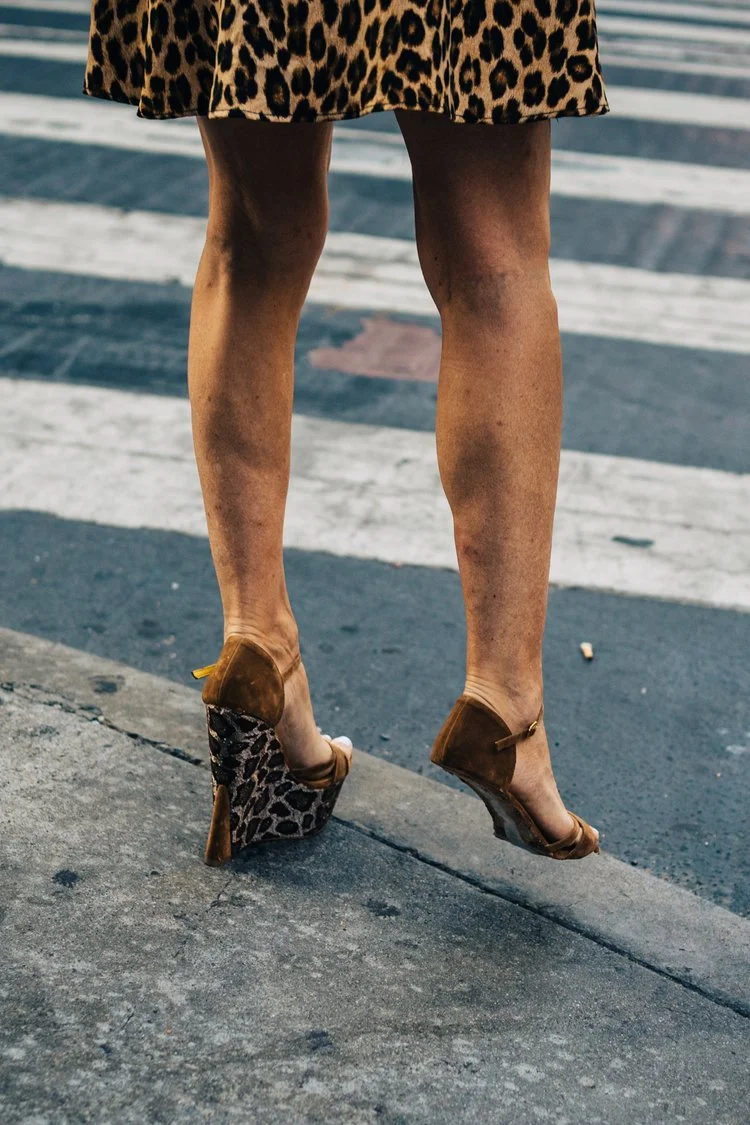
Them Frames: This may not be easy, but if you had to choose only one image that perfectly sums up who Jeremy Perez-Cruz is as an artist, which one would it be and why?
Jeremy Perez-Cruz: Thankfully, I feel as though I’m constantly evolving as an artist, so I’m not sure there is one image that sums it up, however, I believe there are images that represent my method. I’m highly focused on improvisation and chance. To me, the most interesting work is unexpected and a joint effort between the subject, light, time and place.
Birdwalkers is what I am currently most well known for but I feel as if Moment of Reflection is a better representation of the emotive content I want to convey. Both were shot in the same location in 2017. Recently, my work has been far more experimental but still adheres to the idea of spontaneity.
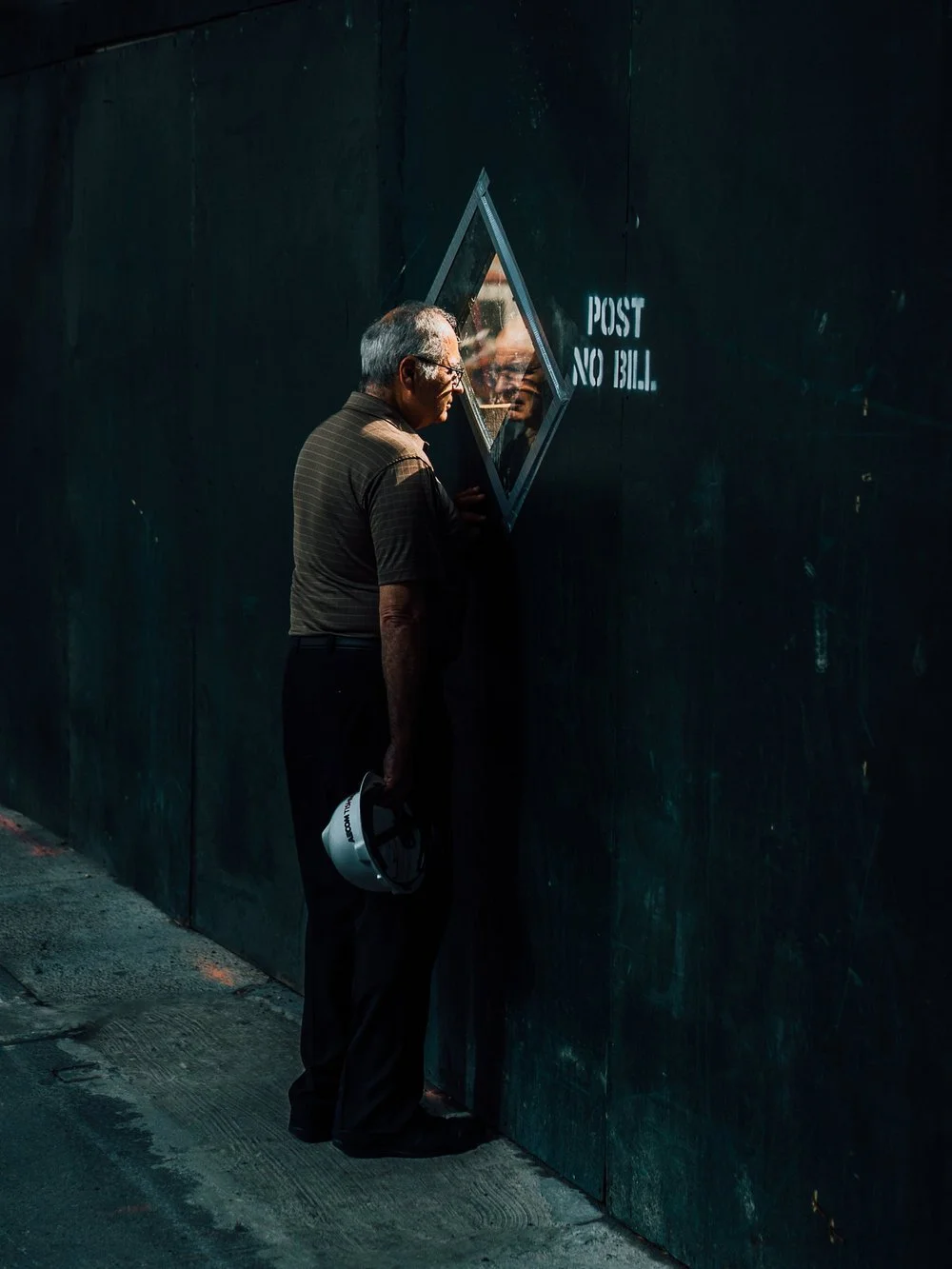
Them Frames: You’re part of Street Week, can you tell us more about the organization and your role in it, please?
Jeremy Perez-Cruz: Back in 2017 I started a hashtag project called #streetweekly. It began as a way to showcase everything I shot in a given week, every week, and grew into weekly community features and book recommendations. My intention was to start a yearly conference called “Street Week” that would celebrate all things street photography and would include lectures, gallery shows, photo walks, all over the course of a week. As my day job took up more time, I slowly ramped down #streetweekly and the pandemic put a temporary end to my conference dream.
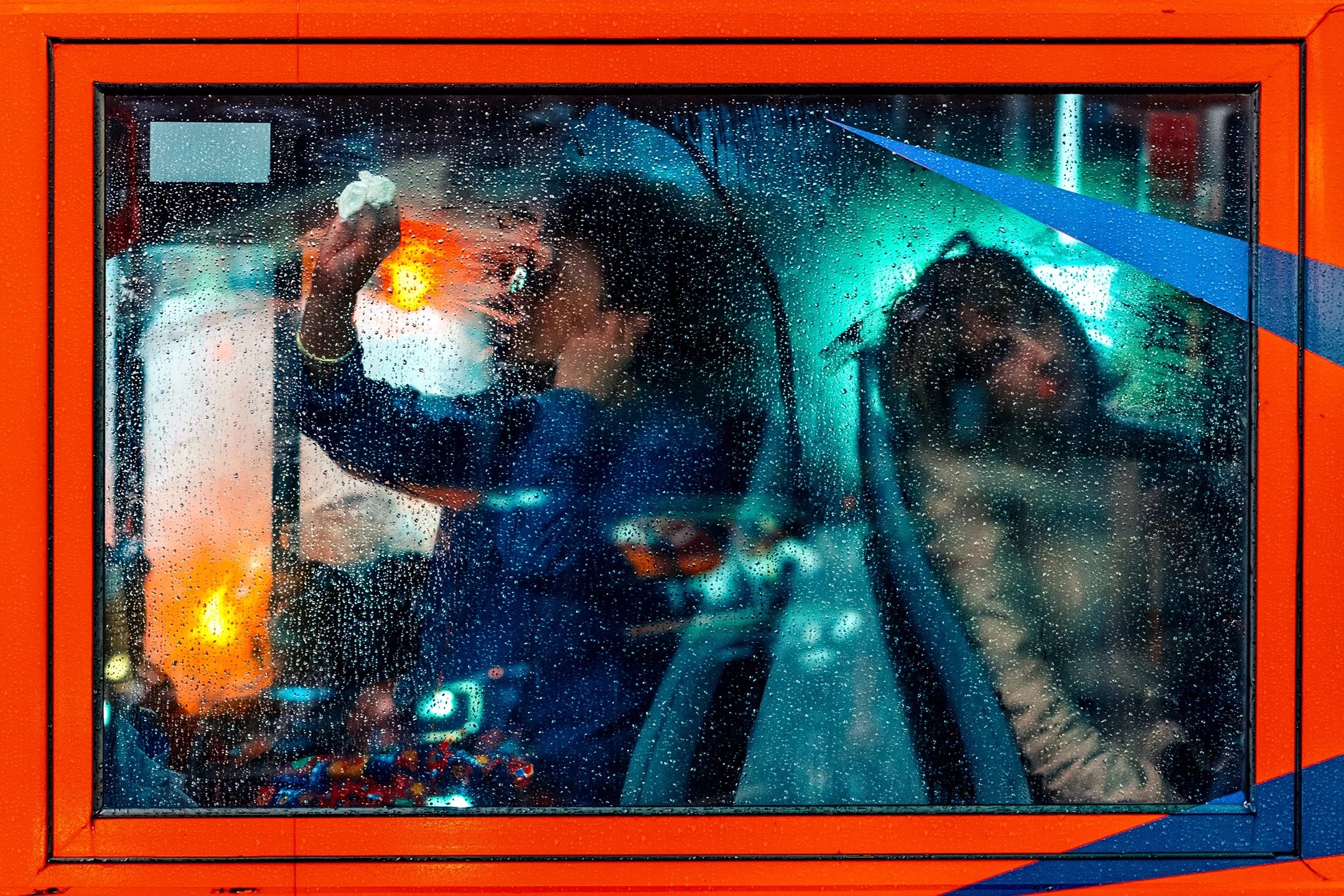
Flash forward to 2021 – I already had the streetweek.com domain and, as a group of friends (primarily Mike Szpot and Billy Dinh) and I began doing photo walks, the website seemed like a simple way to market those events. I added a resource tab and we continue to do quarterly walks in NYC. My hope for the future is to offer workshops, photo walks, prints, and resources (beyond just NYC) to help advance street photography. Who knows, maybe one day the Street Week Conference will finally happen.
Them Frames: “We The People” is a powerful image that sends a critical message. Can you share the back story behind the photograph and why you felt that it was the right choice to move the conversation forward regarding gun violence?
Jeremy Perez-Cruz: This photo was taken in January 2017 at an Anti-Trump Rally in Manhattan (You can read about it here.)
I don’t want to be prescriptive but here are a few observations: an adult – possibly a mother – and a child watching on from the relative safety of their 5th avenue apartment as the world churns and changes below them. The separation of the two characters, both from each other but also the people on the street, hints at the isolation, helplessness and complacency often felt by the American people in relation to the growing cracks in our Democracy. The gestures of the child – active, curious, climbing on the ledge, and the adult – on the phone, worried, listless – show two reactions to the same moment in time, separated by a generation.
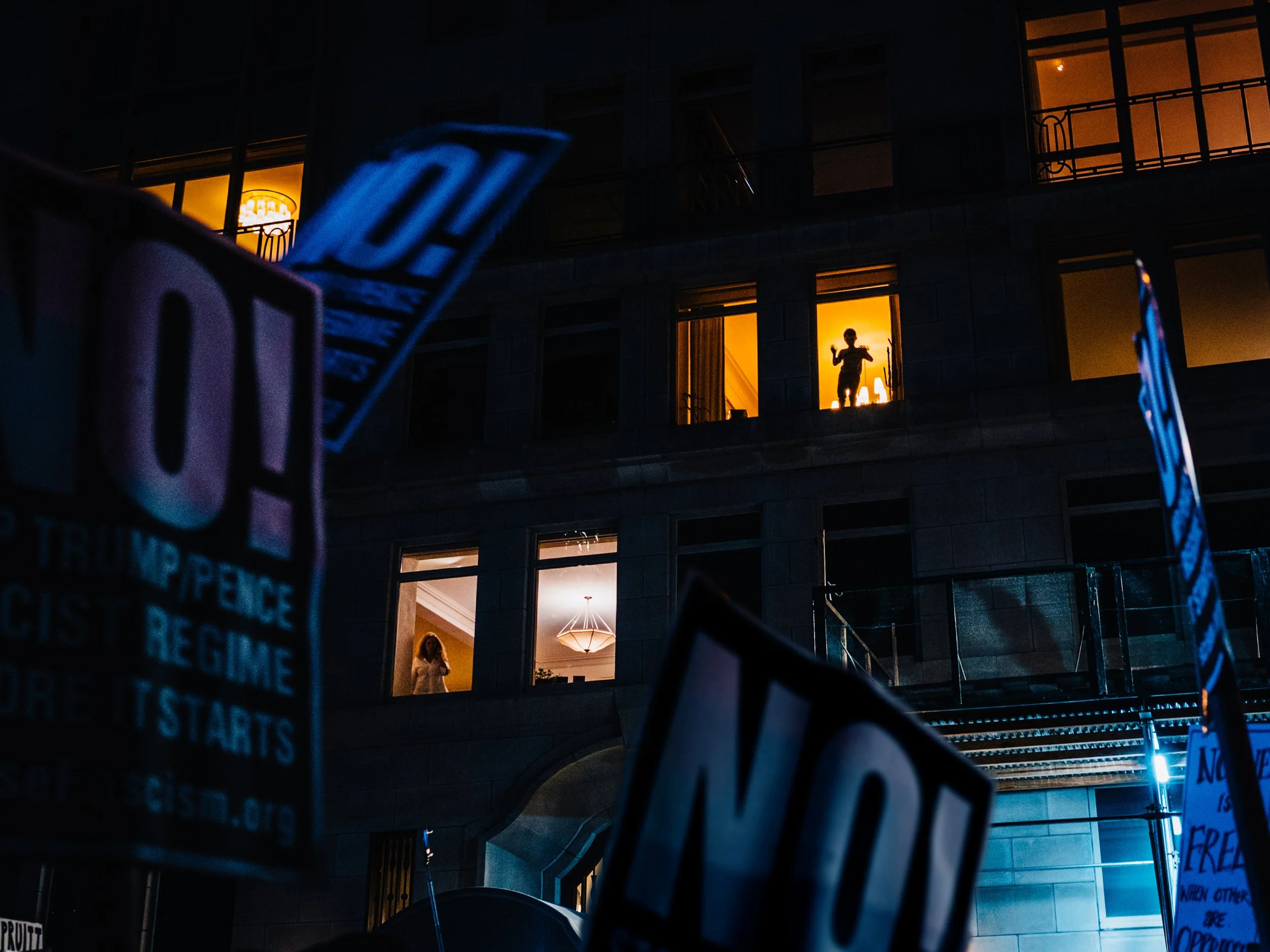
When I used to work a full-time desk job, I would donate 20% of my annual salary to causes that were important to me – mostly a woman’s right to safe reproductive care, the ACLU, anti-racism funds and sensible gun legislation. I’ve since left the workforce as I wanted to spend more time in the world around me. So, I launched an edition to donate all profits, current and future, to a cause I care about. This photo is one of my absolute favorites but it also feels overtly political in nature, so seemed like a good option for a fundraiser.
We The People will have all profits – present and future – donated to Everytown.org and, hopefully, give us a chance to alter gun policy in a meaningful way.
Them Frames: Please can you share one song that gets you in the best mindset to be creative and make photographs?
Jeremy Perez-Cruz: I’m a musician so selecting one song is like selecting one color to photograph. It really depends on my mood and the weather. I usually put on an album (yes, I’m one of those people who still listens to albums top to bottom) when I step off the train and switch it up once that record is over.
I do know I was listening to Hostage Stamps by At The Drive In when I shot Birdwalkers.
Them Frames: Finally, please finish this sentence: “I need photography in my life because…”
Jeremy Perez-Cruz: “I need” is a very selfish portal to view this for but it allows me to be very subjective. I need photography in my life because photography encourages my curiosity, keeps me connected to people and communities, and helps my mental health through walking meditation and singular focus. I hope, in time, other people might need my photography, too.
